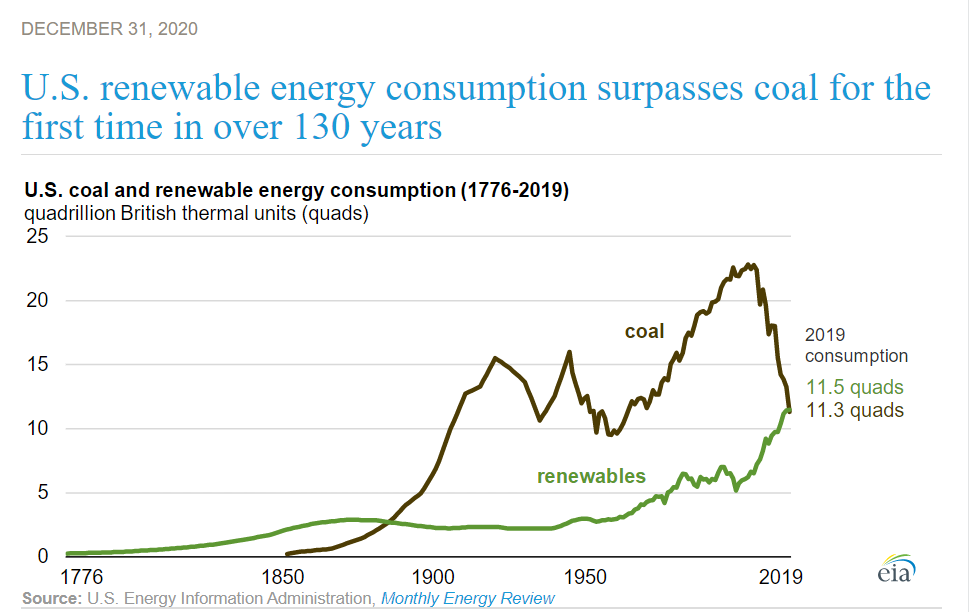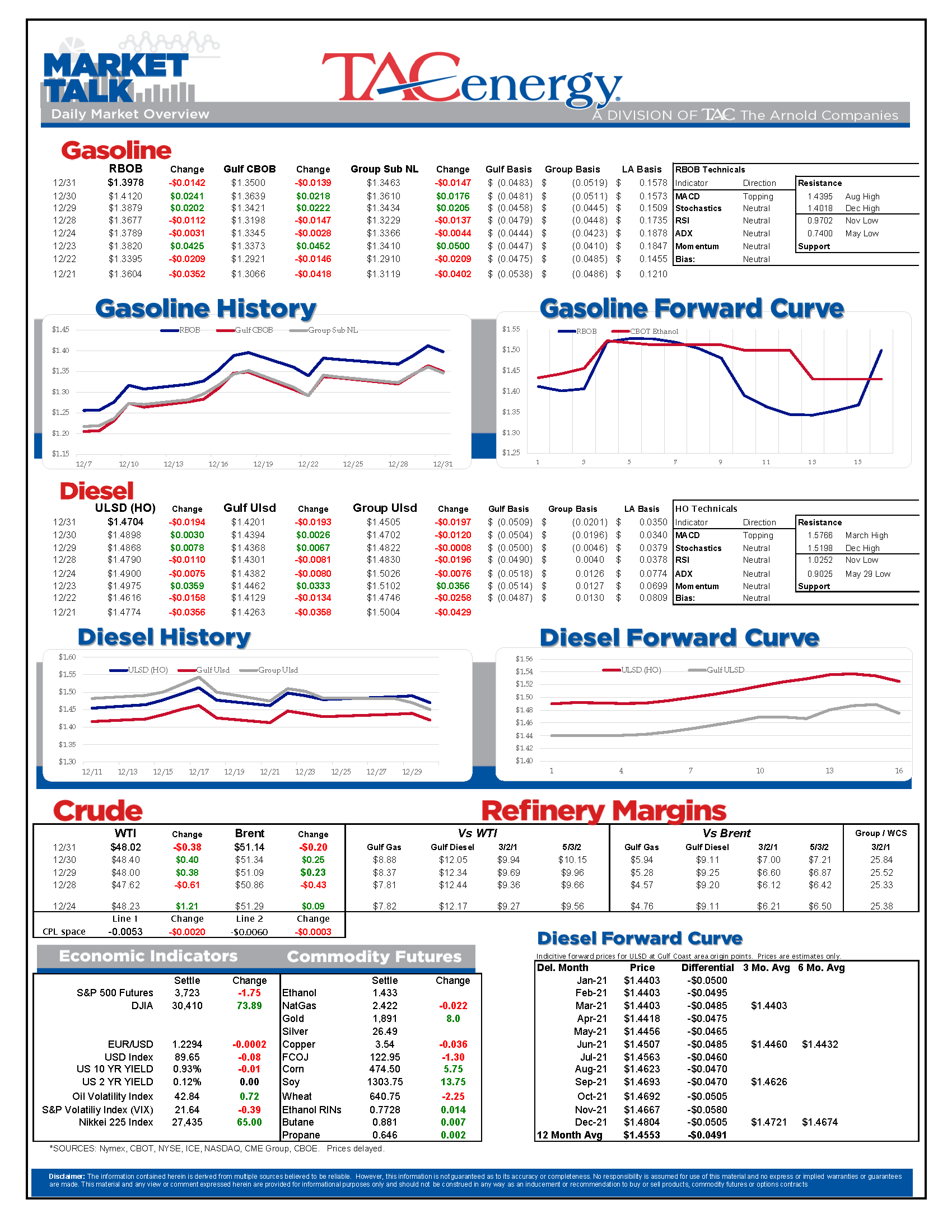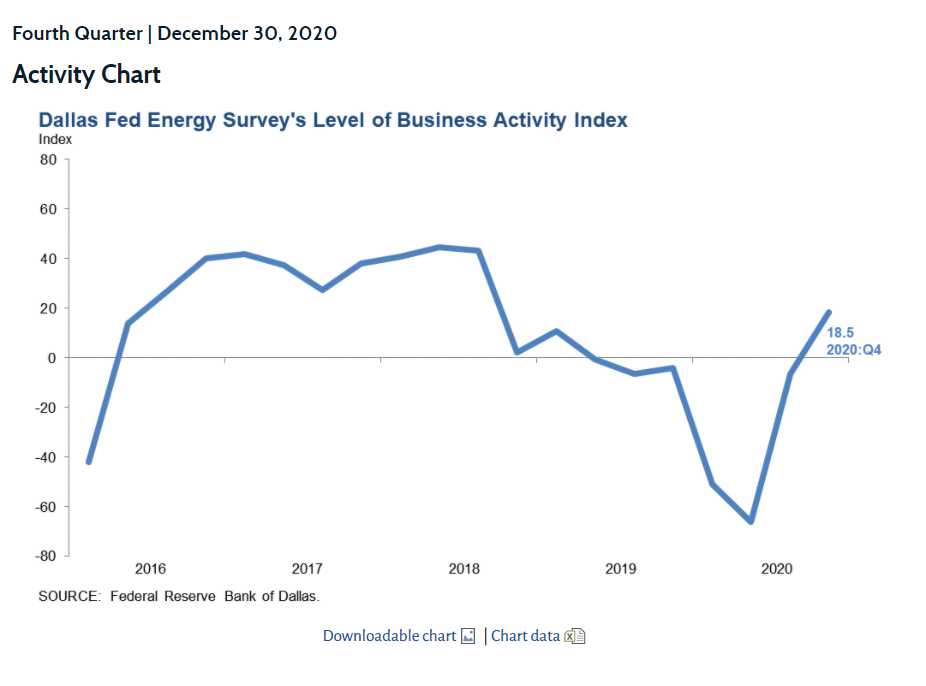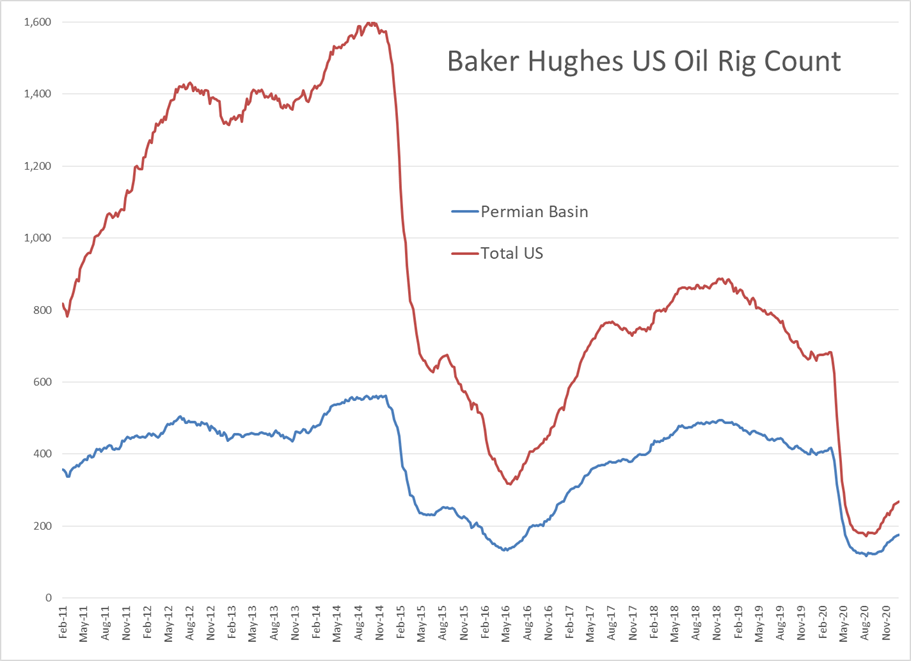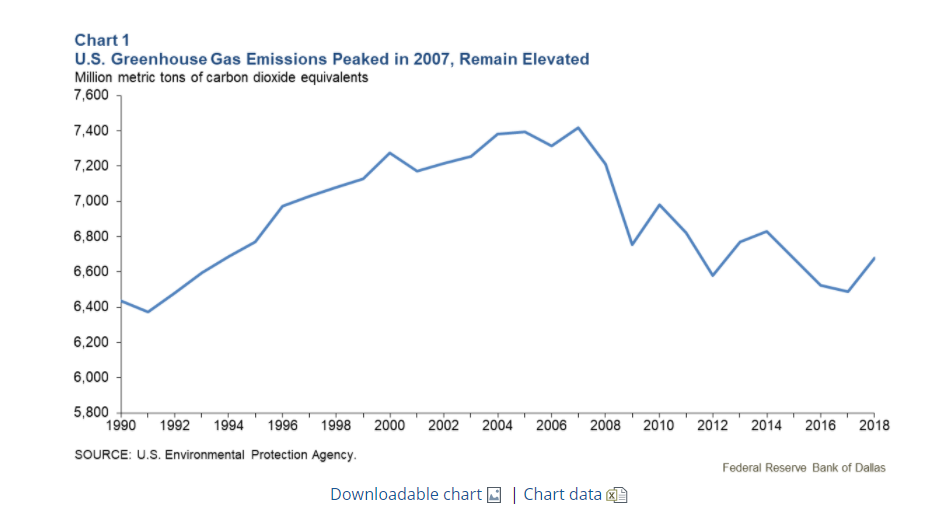Energy And Equity Markets Limp To Finish Line

Energy and equity markets are limping to the finish line with minor losses in the early going to end this long strange year. The table below highlights the dramatic swings, and very different outcomes for some of the most watched commodity, equity and currency contracts.
Today is expiration day for the January (21) ULSD and RBOB contracts so watch the February contracts for price direction today, and note that most rack prices published tonight should carry through the long weekend since markets are closed tomorrow.
It’s been a brutal year for many, and the energy industry has certainly taken its lumps. Record setting amounts of debt were subject to bankruptcy filings in the oil patch, but things have arguably been worse for refiners as crack spreads have only made minor improvements compared to the recovery in oil prices, and the industry saw the most permanent closures announced in more than 30 years as a result.
The pace and scale of demand recovery will be the big underlying story for 2021, as the world races to distribute vaccines and get people back to a more normal existence, while a new and more potent strain of COVID threatens to derail that progress. There will be plenty of theories about how the new administration in Washington will change the landscape for several industries – ours being one of the most noteworthy – but unless the Senate is flipped in the January runoff, it seems like major legal changes are unlikely in the near term.
The Crescendo of emission reduction plans is likely to continue to build in 2021 as more big oil and refining companies lay out plans to reduce their pollution levels during the long slow transition away from fossil fuels. The Dallas Fed issued a special report this week taking a look at what the industry is doing to battle climate change, and highlighting pipeline capacity as one of the keys to reducing emissions near term. Renewable diesel is becoming the poster child for a way forward for motor fuels to have a legitimate renewable option near term as ethanol and biodiesel have already pushed the limits of their usefulness. The EIA is ending the year by highlighting the progress made on the renewable front as US consumption of those products surpassed coal in 2019 for the first time in 130 years.
3 more drilling rigs were put to work last week, marking the 12th increase in 14 weeks. According to the Baker Hughes report, we started the year with 877 rigs drilling for oil on land in the US, which ended up being the highest count of the year. That number hit a record low in August at 172, before starting a slow and steady recovery over the past 3 months as prices got back to more survivable levels and operators faced hard decisions on whether to drill or risk giving up leases in some cases.
Click here to download a PDF of today's TACenergy Market Talk.
Latest Posts
Week 15 - US DOE Inventory Recap
Prices To Lease Space On Colonial’s Main Gasoline Line Continue To Rally This Week
Equity Markets Have Been Pulling Back Sharply In Recent Days As Inflation And Trade Concerns Inject A Sense Of Reality Into Stocks
Gasoline And Crude Oil Prices Reached Fresh Multi-Month Highs Friday Morning As News Of The Anticipated Attacks Spread
Social Media
News & Views
View All
Week 15 - US DOE Inventory Recap

Prices To Lease Space On Colonial’s Main Gasoline Line Continue To Rally This Week
Energy markets are sliding lower again to start Wednesday’s trading as demand concerns and weaker stock markets around the world seem to be outweighing any supply concerns for the time being.
Rumors continue to swirl about an “imminent” response by Israel to Iran’s attacks, but so far, no news seems to be taken as good news in the hopes that further escalation can be avoided, even as tensions near the Red Sea and Strait of Hormuz continue to simmer.
Prices to lease space on Colonial’s main gasoline line continue to rally this week, trading north of 11 cents/gallon as Gulf Coast producers still struggle to find outlets for their production, despite a healthy export market. Gulf Coast CBOB is trading at discounts of around 34 cents to futures, while Gulf Coast RBOB is trading around a 16-cent discount, which gives shippers room to pay up for the linespace and still deliver into the East Coast markets at a profit.
Back to reality, or just the start of more volatility? California CARBOB basis values have dropped back to “only” 40 cent premiums to RBOB futures this week, as multiple flaring events at California refineries don’t appear to have impacted supply. The state has been an island for fuel supplies for many years as its boutique grades prevent imports from neighboring states, and now add the conversion of the P66 Rodeo refinery to renewable diesel production and the pending changes to try and cap refinery profits, and it’s easier to understand why these markets are increasingly vulnerable to supply shocks and price spikes on gasoline.
RIN prices continue to fall this week, touching 44 cents/RIN for D4 and D6 values Tuesday, their lowest level in 6 weeks and just about a nickel above a 4-year low. While the sharp drop in RIN and LCFS values has caused several biodiesel and Renewable Diesel producers to either shut down or limit production, the growth in RIN generation continues thanks to projects like the Rodeo refinery conversion, making the supply in RINs still outpace the demand set by the Renewable Fuel Standard by a wide margin.
The API reported draws in refined products, 2.5 million barrels for gasoline and 427,000 barrels for distillates, while crude oil stocks had an estimated build of more than 4 million barrels. The DOE’s weekly report is due out at its normal time this morning.
Click here to download a PDF of today's TACenergy Market Talk.

Equity Markets Have Been Pulling Back Sharply In Recent Days As Inflation And Trade Concerns Inject A Sense Of Reality Into Stocks
It’s a mixed bag for energy markets to start Tuesday’s session with gasoline prices holding small gains, while oil and diesel prices show small losses as the world anxiously debates what comes next in the conflict, we’re still hoping we don’t have to call a war in the Middle East.
An early sell-off picked up steam Monday morning with refined products down more than a nickel for a few minutes, before reports that Israel was vowing to respond to Iran’s attack seemed to encourage buyers step back in an erase most of the losses for the day.
Equity markets have been pulling back sharply in recent days as inflation and trade concerns inject a sense of reality into stocks that had been flying high earlier in the year. The correlation between gasoline and crude oil prices had been fairly strong for the past couple of months but has since weakened as the weakness in stocks hasn’t yet trickled over into the energy arena. Both asset classes are seeing a tick higher in their volatility (aka Fear) indices this week however, and when fear starts driving the trade, we often see these prices move together.
Diesel has been underperforming the rest of the energy complex for most of the year so far, and those hoping for lower diesel prices got more good news when the Dangote refinery in Nigeria began loading diesel for domestic use Monday, in the latest milestone for the giant project that will have a major influence on Atlantic basin supply. Naturally, local lawmakers are already complaining that the refinery’s prices are too high.
The EIA this morning highlighted the record amount of crude oil China imported in 2023 after reopening the country post-COVID and after completing numerous new refinery builds in the past few years. Russia accounted for the largest increase in shipments to China last year, as China is one of the few countries that doesn’t mind ignoring sanctions. Speaking of which, the US House is expected to take up a new vote this week on sanctioning Chinese imports of Iranian crude, which the EIA notes are often hidden by relabeling the crude to make it appear as if it originated in Malaysia, Oman or the UAE.
We’re just 2 weeks away from the startup of Canada’s long-awaited Transmountain pipeline expansion that will bring roughly 600,000 barrels/day of capacity to the Pacific basin. That new outlet is great news for Canadian producers long restricted by takeaway capacity, and bad news for Midcontinent refiners who have grown accustomed to the discounted Canadian grades. A Bloomberg article Monday noted that Iraq’s Basrah Heavy crude is most likely to be displaced by West Coast US refiners who can now buy much closer to home.
Click here to download a PDF of today's TACenergy Market Talk.
